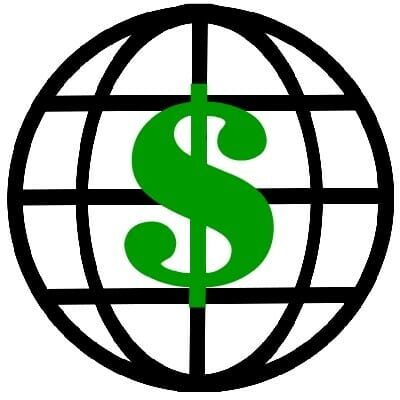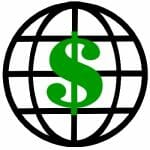
Market Round Up – 2011 Year in Review
In 2011, the Arab Spring, Japanese Tsunami, Occupy Wall Street movement, and Eurozone debt crises all had a significant impact on the world.

Trends for 2011 included the increasing impact of politics on global stock markets, and the importance of social media. Politics in the US and the Eurozone had significant impacts on stock markets, and “2011 may go down as the year when political risk trumped economics, earnings and interest rates as the main force driving capital markets.” Both the Arab spring and Occupy Wall Street movement emphasise the power the social media and networking websites. According to Twitter, Egypt was the most used word in posts in 2011. Social media was also significant in the destructive case of August riots in the UK.
Globalisation is omnipresent in the world today. Increasing connections between various stock exchanges are just one indicator of this. For instance, the attempted London/Toronto stock exchange merger, the successful sale of 16% of the Bermuda exchange to TMX group, and the NYSE/Deutsche Bourse merger currently undergoing regulatory scrutiny. Globalisation is especially potent in Alberta, which weathered the downturn especially well after receiving capital infusions from Chinese companies, and with the creation of several joint ventures in the tar sands. Some see the Canadian government’s pull out of the Kyoto accord as a move to protect these tar sands operations, which are a major contributor to Canadian pollution. The Canadian political landscape changed in 2011, both with the conservative majority/NDP minority, and with Jack Layton’s passing away. Economically, the Canadian economy performed with relative strength during the great recession. Canada even grew at a faster rate than Brazil, which is considered an emerging market and an area of significant economic development. In light of the Canadian dollar performing the worst in of all G10 countries in 2011, ties with countries like Brazil will be integral for growth in Canada going forward.
What will 2012 bring?
Chinese growth appears to be slowing, which will have negative repercussions for nations with significant exports. While Canada has not been as meaningfully affected as other countries by the global economic recession, Canadians may be impacted more significantly as the crises deepens. Rising food prices, unemployment and slowing economic growth are also important issues for the upcoming year. Political elections in France and the US are approaching and will alter the world in 2012. This is not to mention potential political upheaval in South Korea and the possibility of nuclear capabilities in Iran, which could result in global warfare. Yet, even with these momentous concerns, the Eurozone Debt Crises and US debt issues remain the most significant worries among Canadian CEOs. What will happen to interest rates? Will the Euro stay together? How will the now ostracized Britain interact with other European nations? With these questions and many more unanswered, 2012 promises to be an interesting year.






